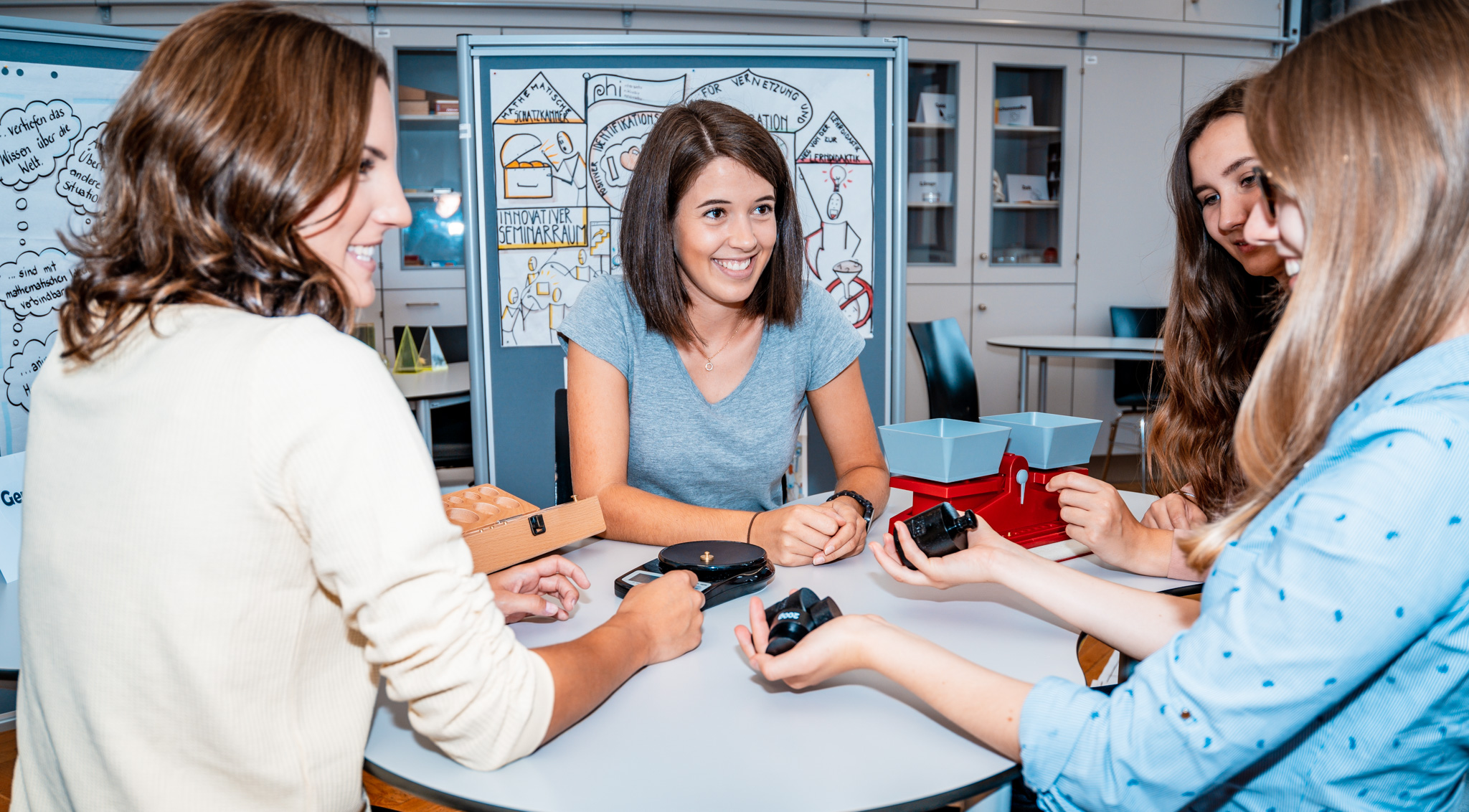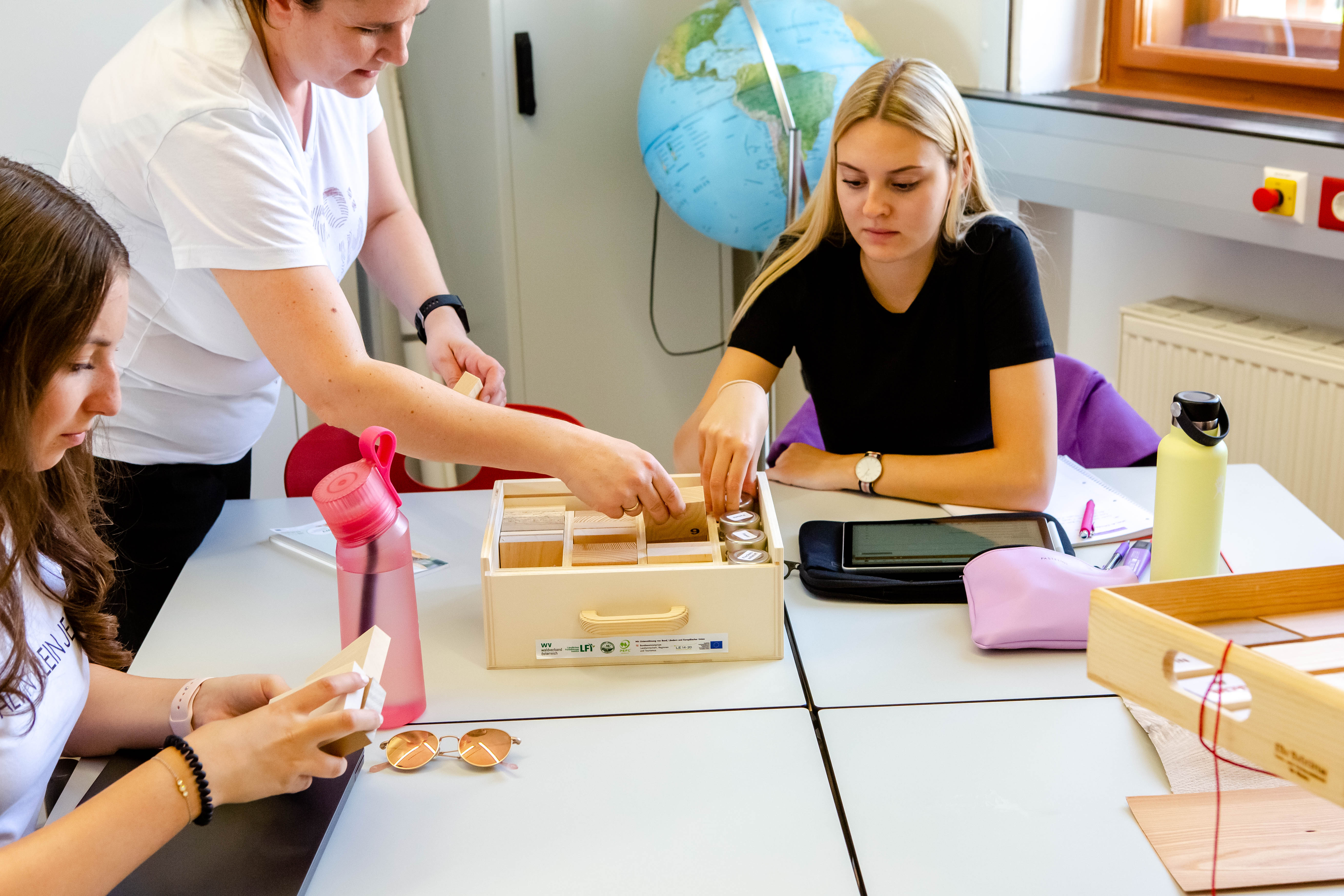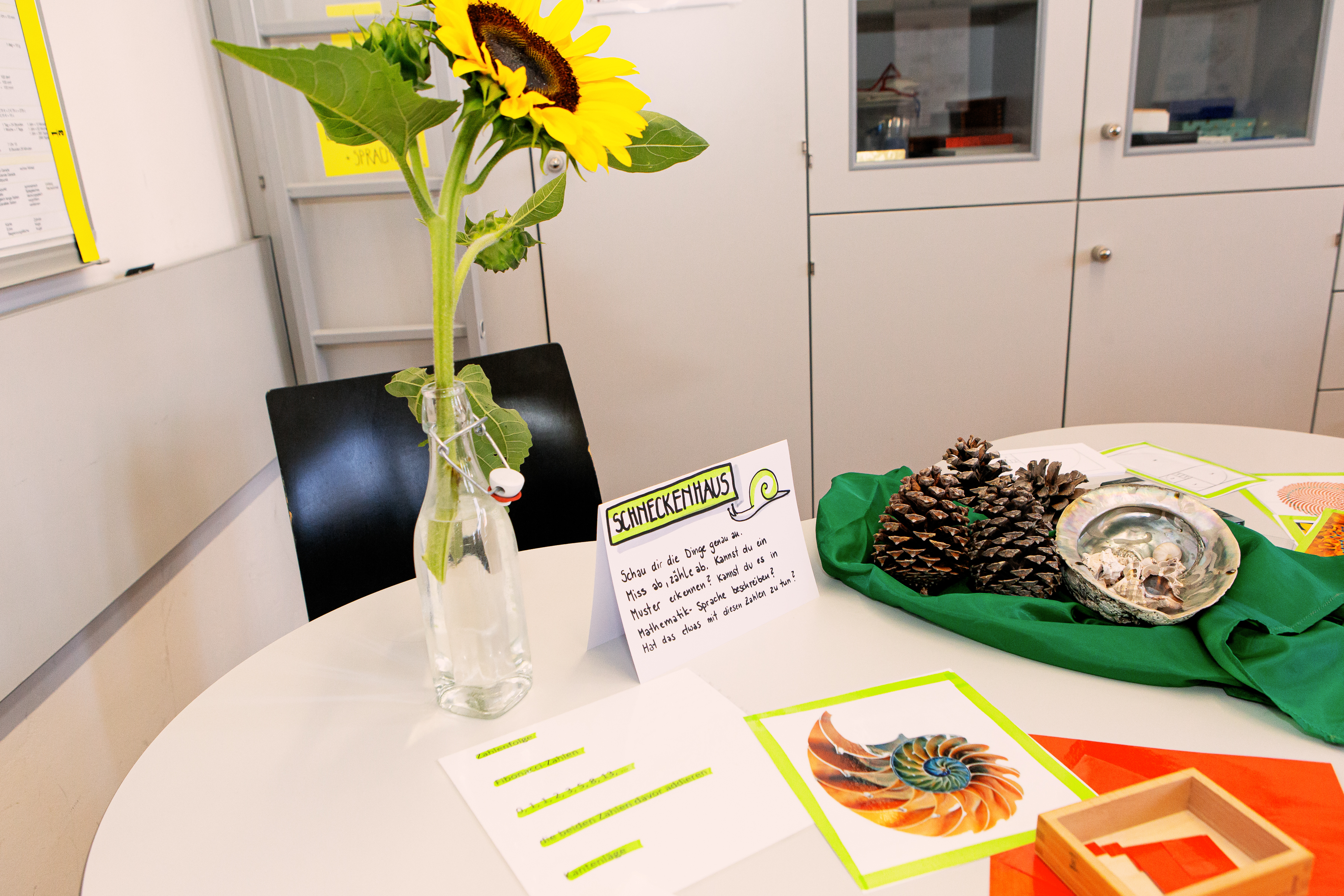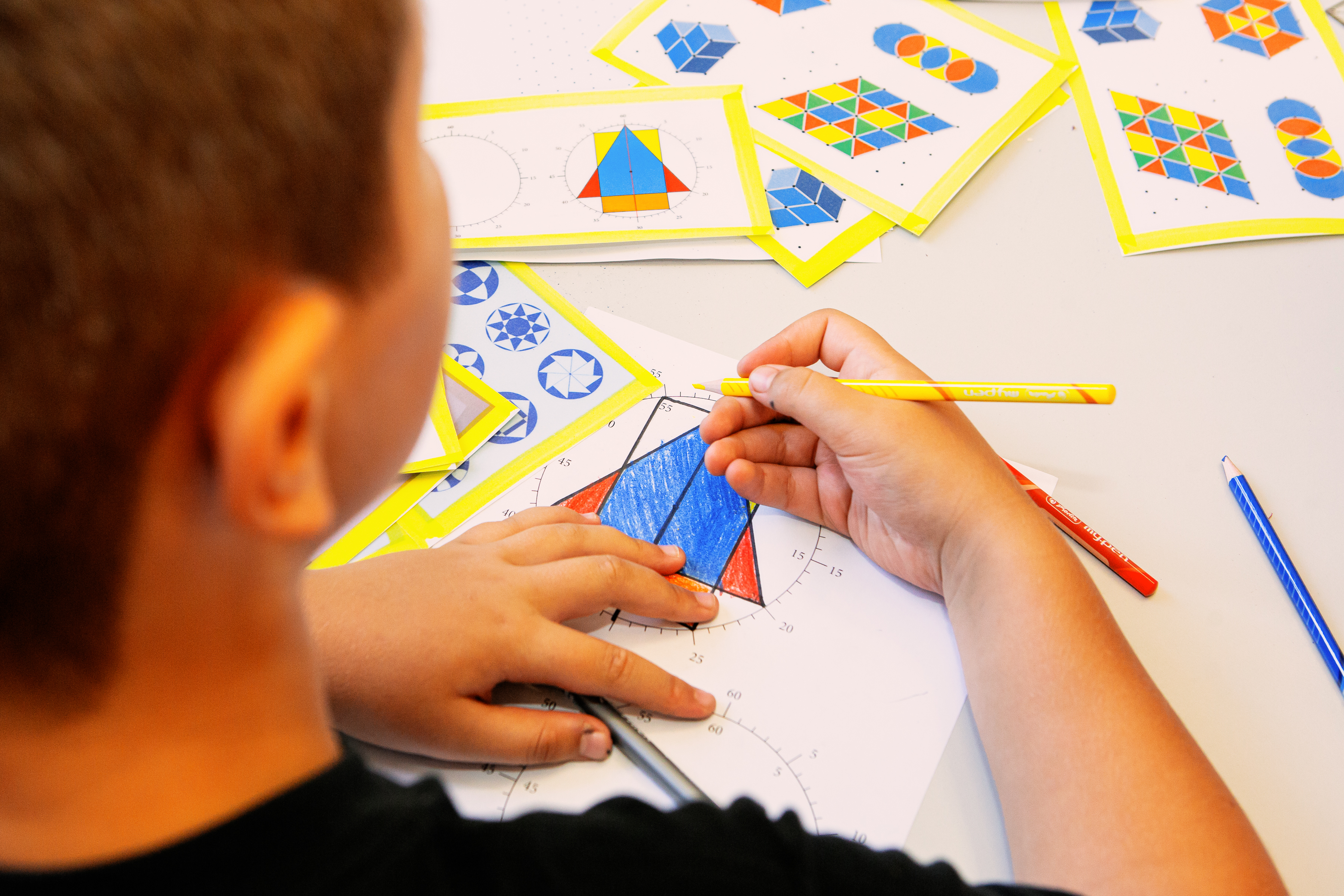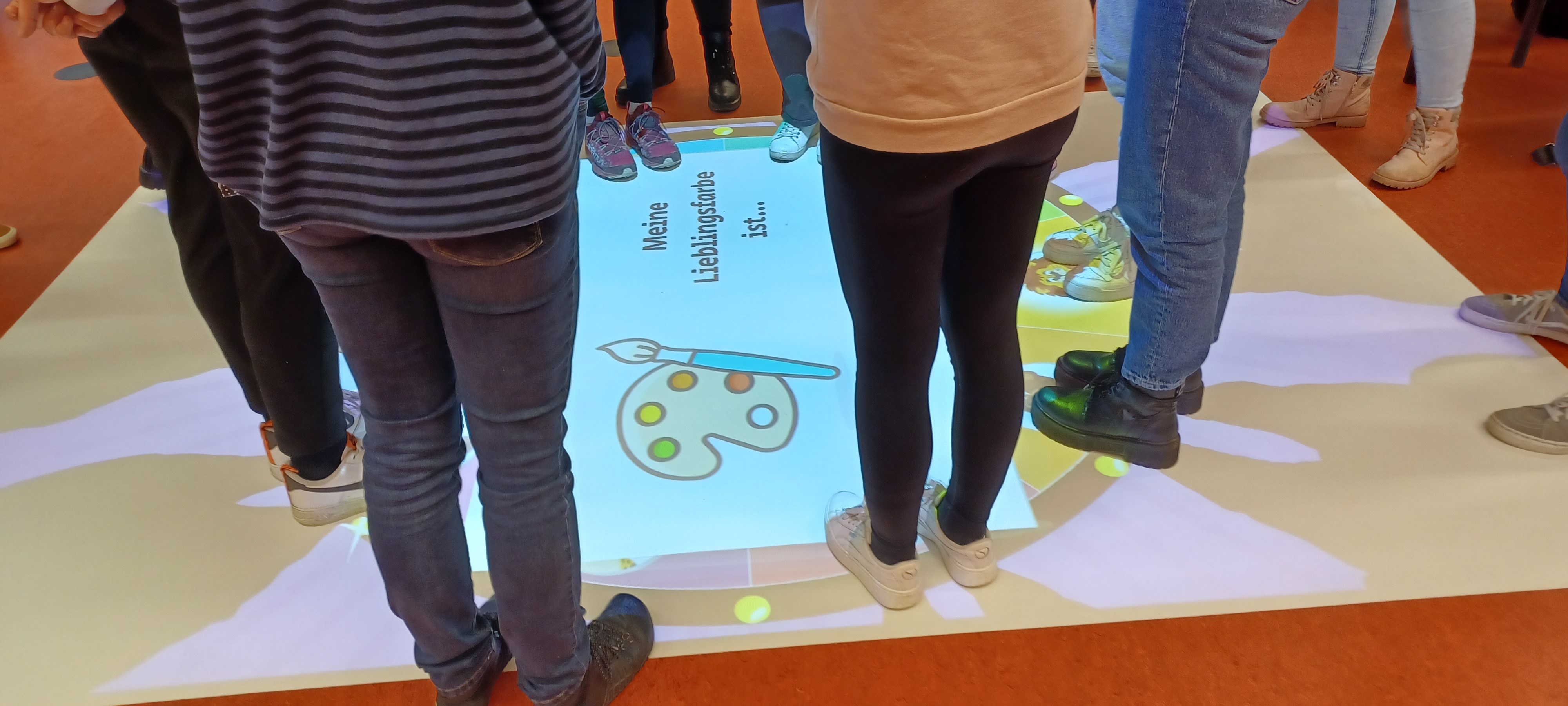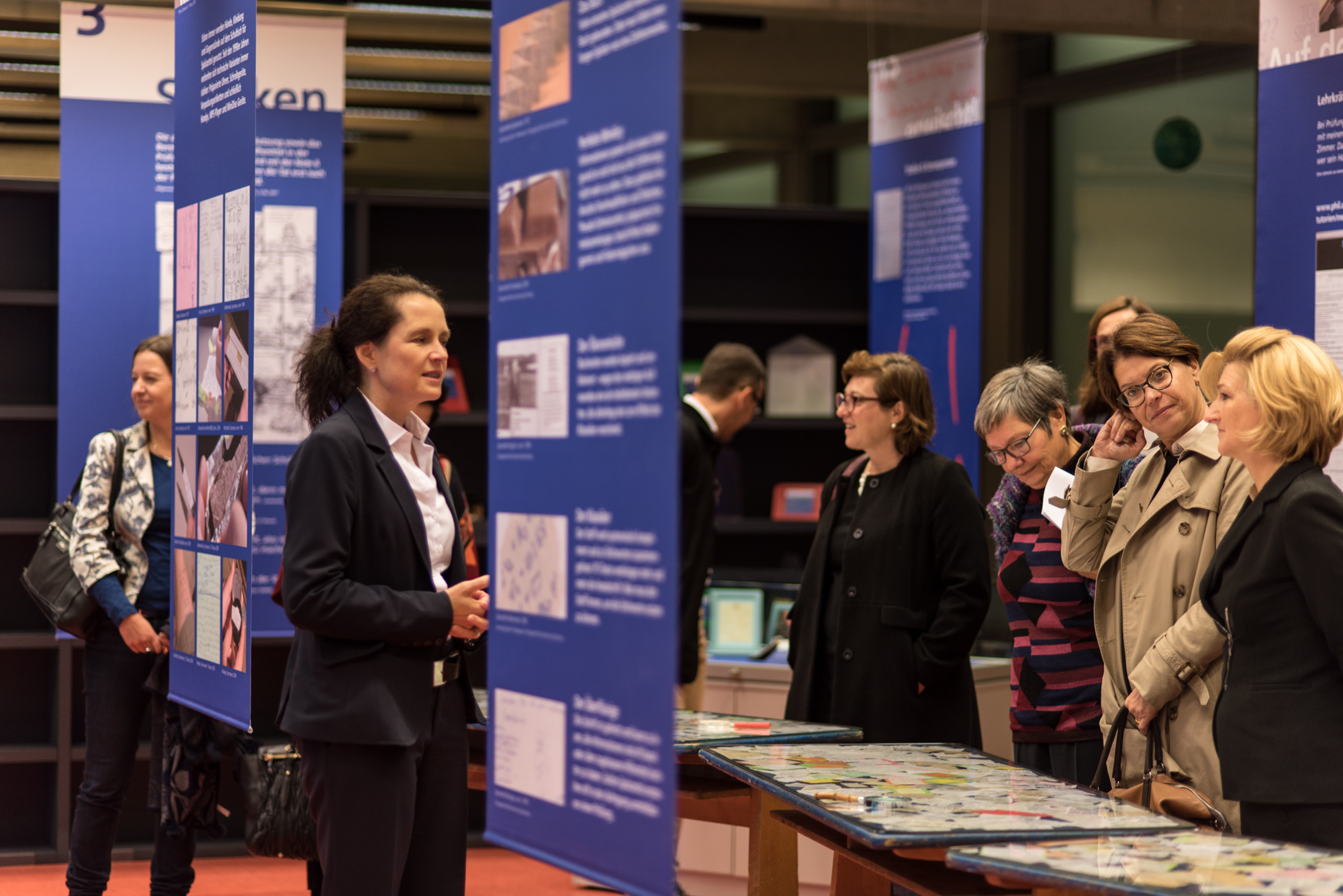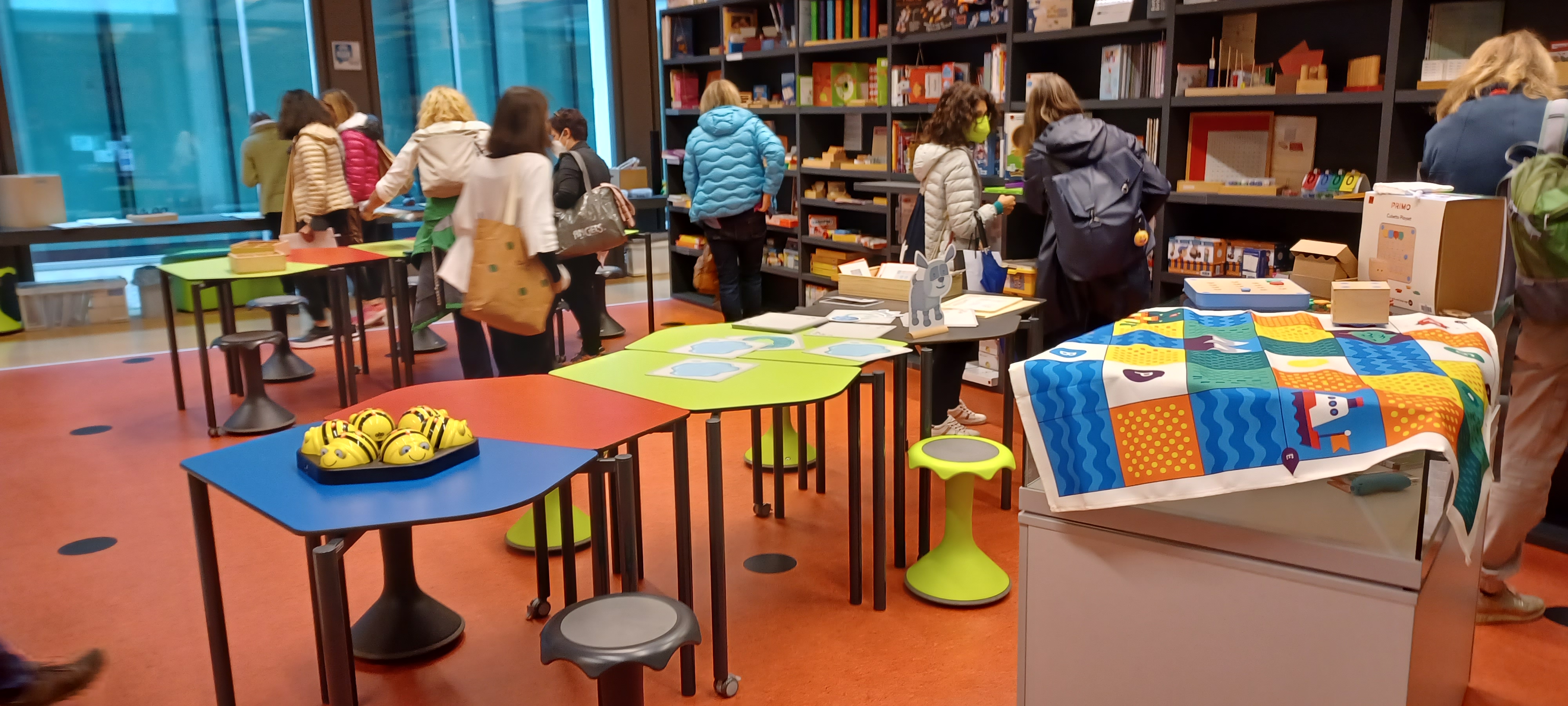- Start
- NeHle e.V.
- Hochschullernwerkstätten
- Tagungen
- Übersicht
- 2026 - Aufbruch
- 2025 - Halle
- 2024 - Graz
- 2023 - Trier
- 2022 - Frankfurt (digital)
- 2021 - Saarbrücken (digital)
- 2020 - Wien
- 2019 - Brixen
- 2018 - Erfurt
- 2017 - Bremen
- 2016 - Saarbrücken
- 2015 - Osnabrück
- 2014 - Berlin
- 2013 - Solothurn/Brugg
- 2012 - Siegen
- 2011 - Kassel
- 2010 - Linz
- 2009 - Halle
- 2008 - Berlin
- Literatur
- Kontakt
Learning
Essential to the work in "Hochschullernwerkstätten" is the examination of (one's own) learning as a process and learning as a subject of reflection. In "Hochschullernwerkstätten" , the concept of learning is oriented towards the interests and intentions of individuals by focusing on the learning of subjects in individual acquisition processes and interactions and relating it to biographical experiences. These acquisition processes ‘do not usually manifest themselves as a linear process [...], but [...] in the confrontation with resistance and circumvention, with breaks and leaps’ (Hagstedt 2016, 30), irritations and obstacles that trigger learning (Dewey 2002). Approaches to learning that relate to the practice of learning in "Hochschullernwerkstätten" or descriptively describe "Hochschullernwerkstätten", as well as approaches chosen in the context of researching learning in "Hochschullernwerkstätten", reveal a variety of learning theory references (cf. Tänzer 2021; Herrmann 2023): e.g. moderate constructivism (VeLW 2009), subject-based learning theory (Peschel et al. 2021), educational phenomenology (Herrmann 2023) or interaction theory and cognitive psychology (Hoffmann 2020). In addition, various methods and concepts are referenced, e.g. research-based learning (Bolland 2011), discovery-based learning (Wedekind & Schmude 2017), narrative learning (Hoffmann 2020) and aesthetic learning (Egerer et al. 2021). In order to do justice to the diversity and complexity of the demands placed on learning in "Hochschullernwerkstätten", or to describe it, it is not sufficient to refer solely to an understanding of learning. There is agreement that learning in "Hochschullernwerkstätten" must always be seen against the backdrop of stimuli provided by the space, the materials used, the tasks or the actions of the learning facilitators, and suggestions arising from the subject matter itself.
Lead author: Markus Peschel
© 2024 lernwerkstatt.info | Impressum | Datenschutzerklärung |



